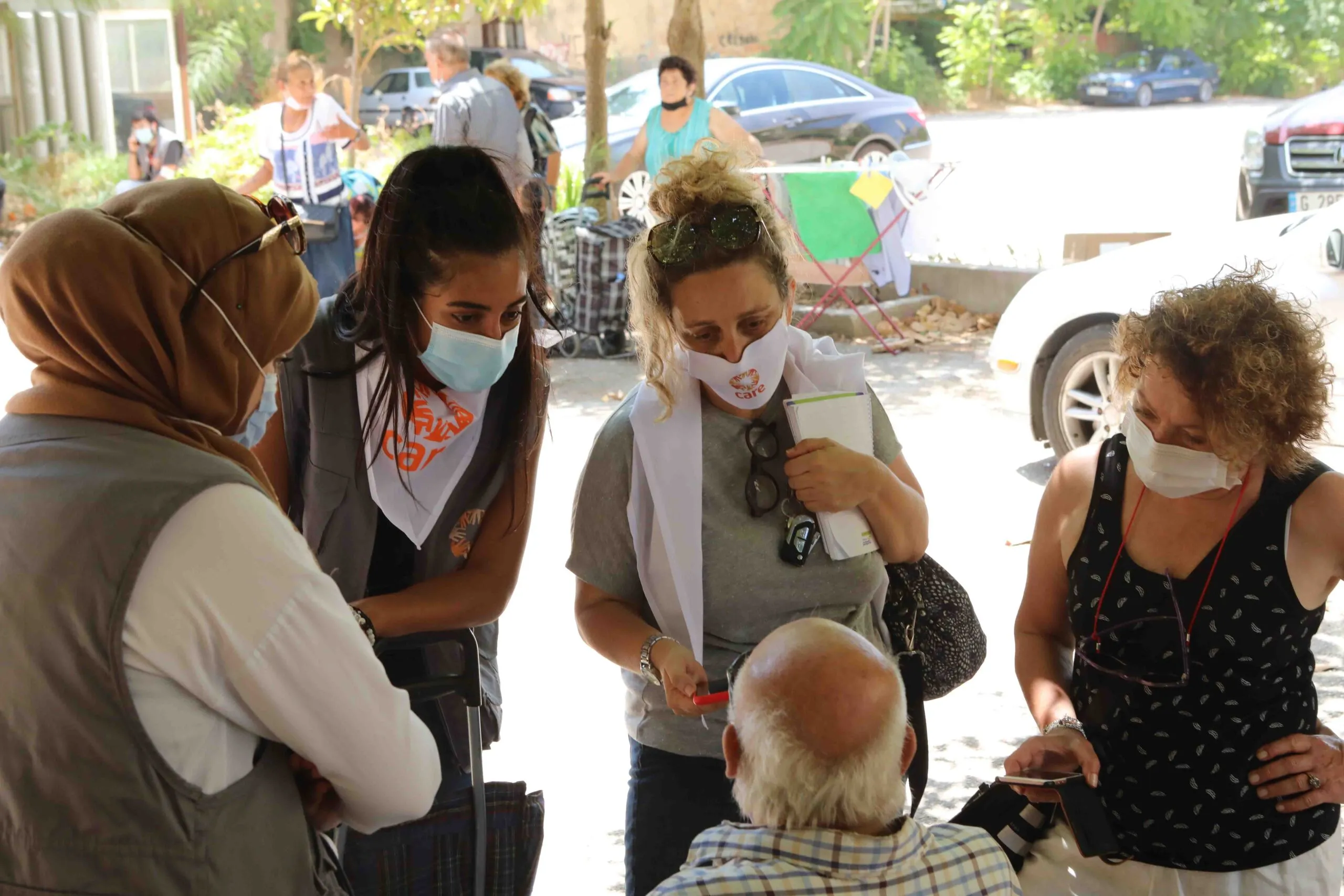When the explosion in Beirut happened, we thought it was a plane, a rocket attack. So we went to the corridor like we used to do in the war. We heard two blasts then it ended, so we went out.
I live in Beirut, 3.5 km from the port (where the explosion happened), near a hospital. I saw people with blood running into the hospital. The neighborhood was full of broken glass. It was full of people who were weeping and crying in the street: “My neighbors…”
I took a taxi to the port area. I was among the first to get there. The closest neighborhood to the port is a gentrified area with pubs and restaurants. The neighborhood also has many old people who don’t have a lot of money left. The area hit by the blast is among the poorest in Beirut.
When I got there, there were still people under the rubble, still people searching for their loved ones. This area was built with the port, so it is one of the oldest of the city with many buildings from the 19th century. I am afraid we will lose a lot of the old buildings and the city won’t be the same. I pass by these areas at least three times a day, I have so many memories there.
“I need to feel that the work I do is useful for others. So now I have the chance through my work and my knowledge to support Lebanon, my country. And this gives me a sense of purpose.”
When I saw the destruction, I thought to myself, the city is gone and tomorrow morning there will be no Beirut. And I kept asking myself, when you don’t have a city, where do you go? I still ask myself this question. When you lose your city, where do you go? How do you survive?
I am from Beirut, and I lived there during the war in the Lebanese capital. I always felt like every stone in Beirut as well as the sea belongs to me, because it’s my city. Now it doesn’t exist anymore. Even though we’ve been through a war, we never had this kind of destruction.

